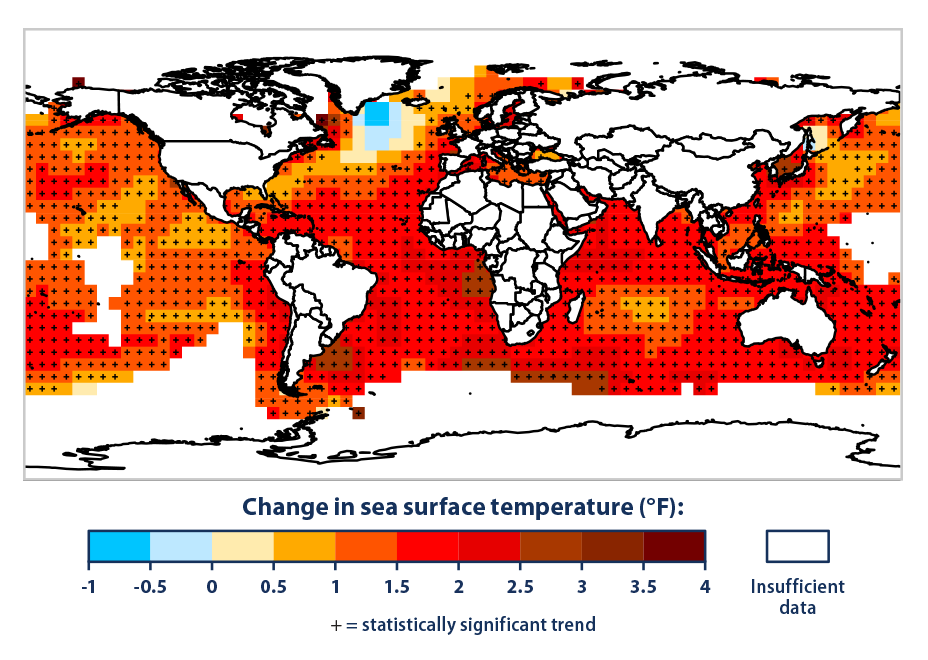this post was submitted on 06 Dec 2024
111 points (99.1% liked)
askchapo
23020 readers
213 users here now
Ask Hexbear is the place to ask and answer ~~thought-provoking~~ questions.
Rules:
-
Posts must ask a question.
-
If the question asked is serious, answer seriously.
-
Questions where you want to learn more about socialism are allowed, but questions in bad faith are not.
-
Try !feedback@hexbear.net if you're having questions about regarding moderation, site policy, the site itself, development, volunteering or the mod team.
founded 4 years ago
MODERATORS
you are viewing a single comment's thread
view the rest of the comments
view the rest of the comments

Not so much pressure on the seafloor that will matter, but changes in density are almost certainly going to impact currents and heat distribution. Winter in Europe is going to get very, very cold when the relatively warm Gulf Stream can not transfer its warmth to the air as effectively when it is stuck sitting underneath a 0.1°C layer of less dense fresh water that just melted from glaciers in Greenland, which is already measurably happening. It’s pretty much the only place on the planet seeing an average drop in sea surface temperature for that reason.
Just as melted ice appears to be flowing south off Greenland, am I looking at a warming effect here caused by the outlets of the Plata, the Kongo, and the Tumen?
If so, why specifically those?
It’s quite possible that’s the reason, and we do know that inland waters in rivers and streams are also increasing in temperature. At least in the cases of the Rio de la Plata and Congo, it certainly appears to be the case. As for the Temur, I think there isn’t as easy an argument to be made, as it drains into a pretty isolated section of sea that would naturally be prone to heating more easily. The Congo looks like the strongest case, especially because it has no estuary. That being said, I’m not going to commit to an answer because I don’t have the data myself.